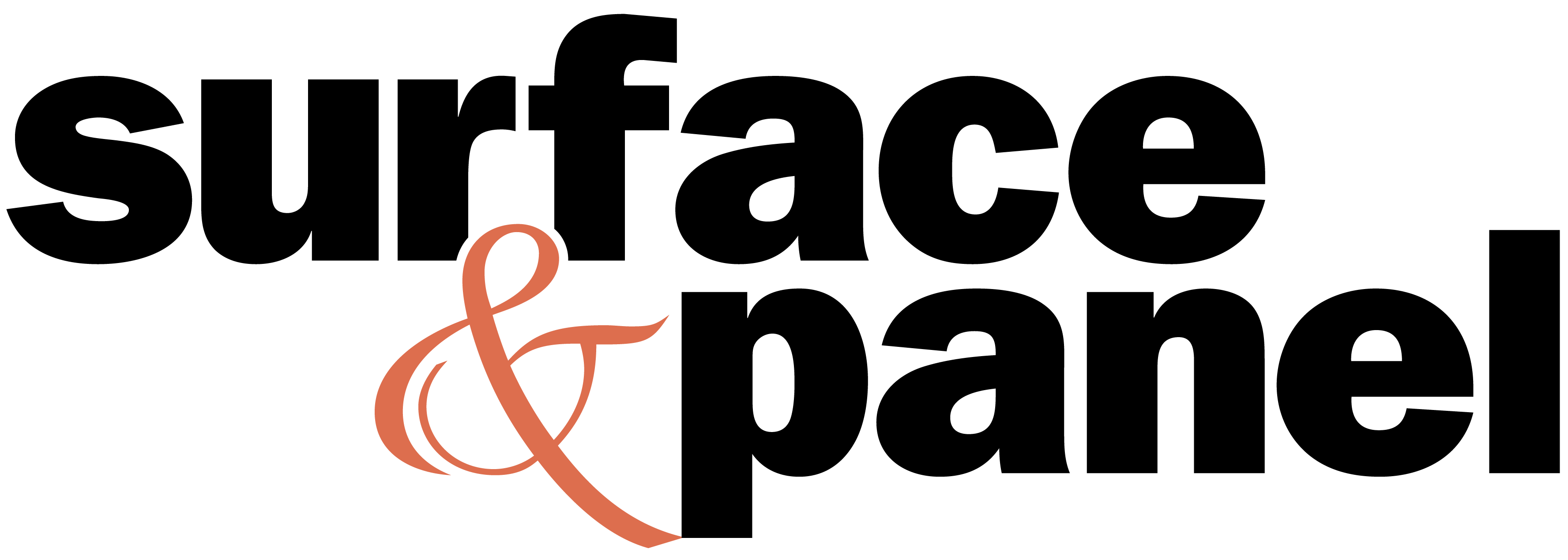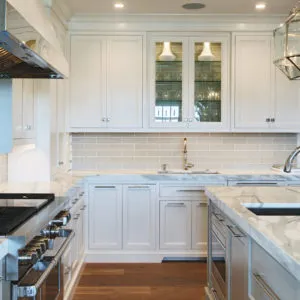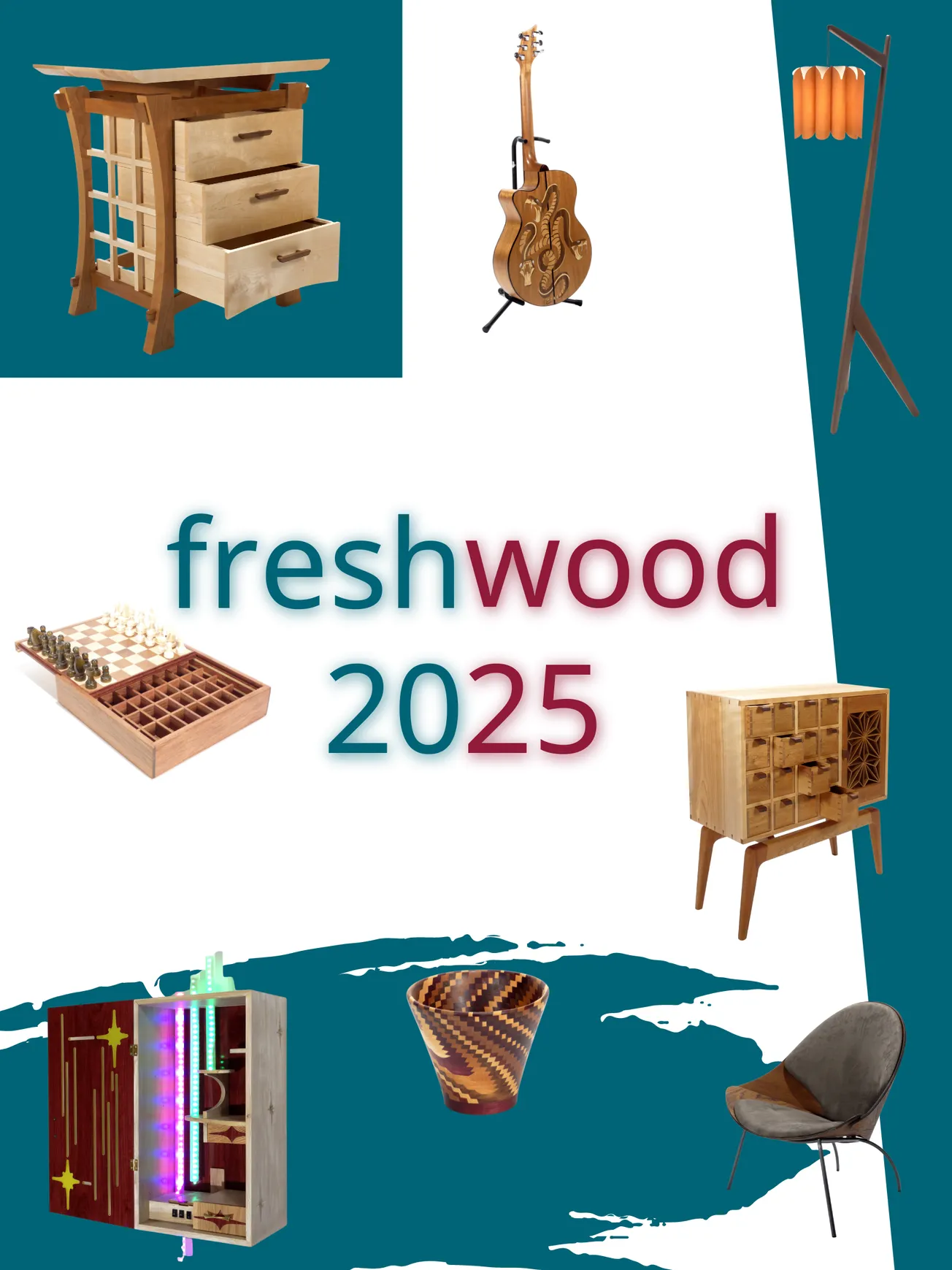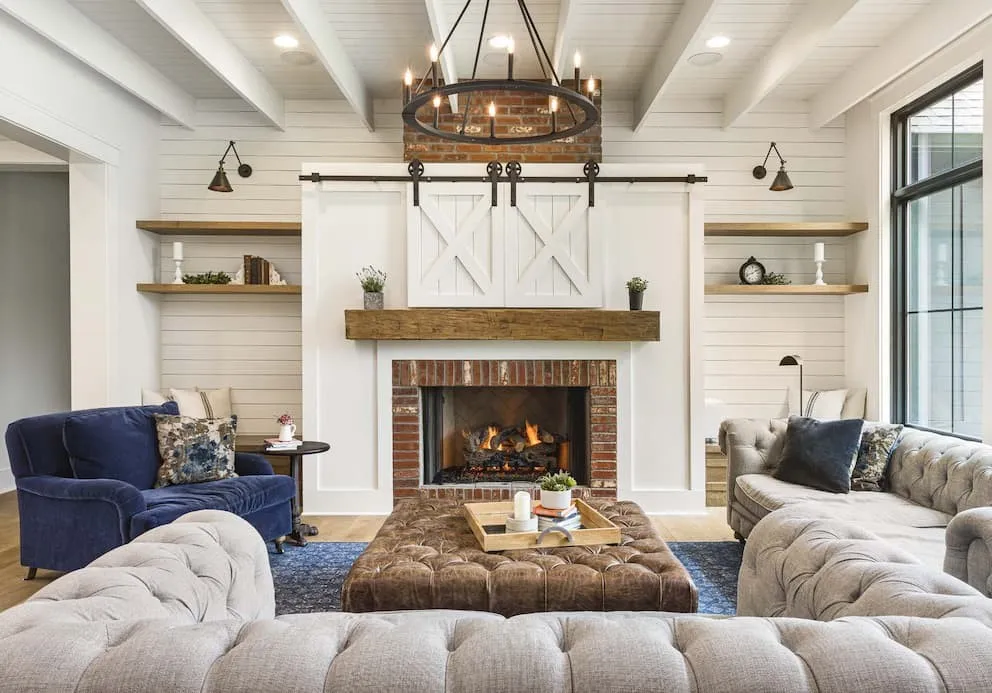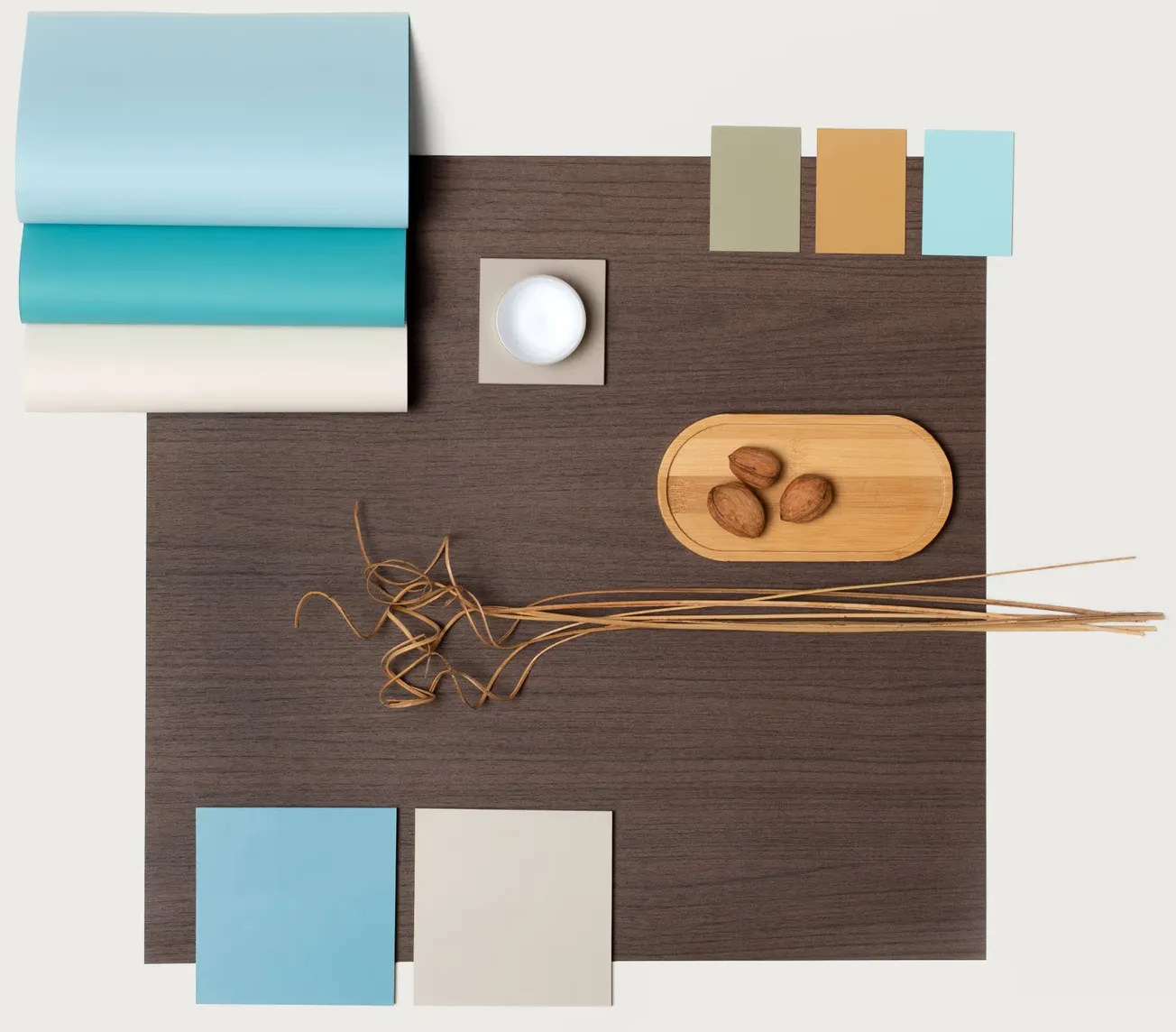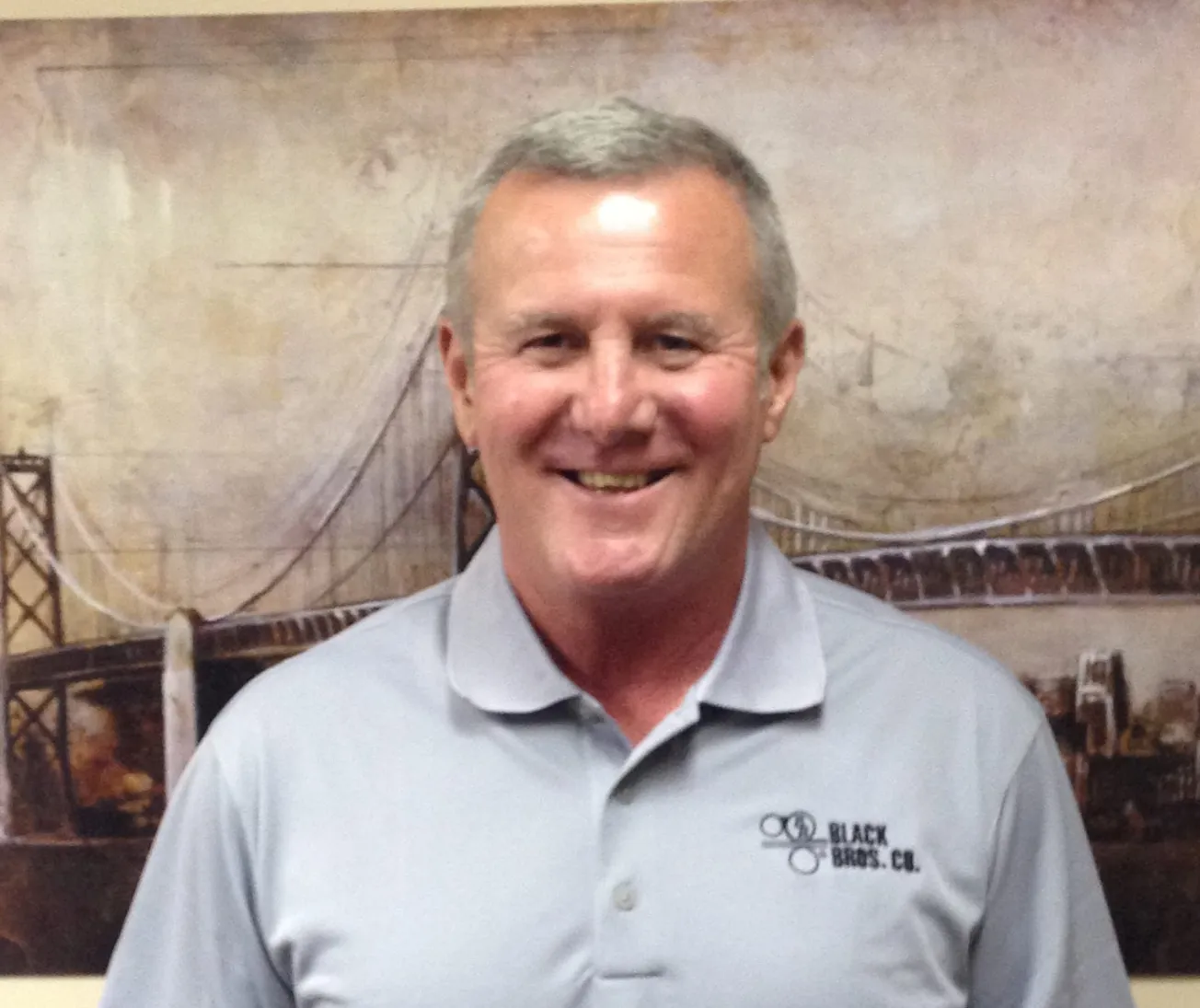Table of Contents
In some ways, Metropolitan Cabinets & Countertops, located in Norwood, Massachusetts, is a typic al North American cabinetmaker. It’s a family business. It’s been in operation for decades—2018 marks its 34th anniversary. Its primary competition is from overseas.
al North American cabinetmaker. It’s a family business. It’s been in operation for decades—2018 marks its 34th anniversary. Its primary competition is from overseas.
But there’s a fundamental difference in Metropolitan’s story that gives the company a slightly different, and very effective, approach to making cabinets.
For the first 20 years, Metropolitan Cabinets & Countertops didn’t make cabinets—only Corian and laminate countertops. Stuart Elfland and his father, Mike, founded the company as a small stock cabinet distributorship after a local dealer closed.
From the beginning, Metropolitan’s purpose was clearly defined: to provide high-quality products to the trade.
Guided by this principle, Metropolitan curates stock, semi-custom and custom residential cabinet lines, in part by outsourcing components.
When multi-unit commercial contractors needed cabinets, however, Metropolitan brought in automated panel-processing technology and took full advantage of the new machinery.
“The foundation of the company is making the trade’s job easier,” said Peter Laufer, vice president of Metropolitan. “Every partnership, investment and strategic expansion serves the original purpose. It’s how Metropolitan became the biggest cabinet manufacturer and stone countertop fabricator in the Northeast.”
Metropolitan’s cabinet offering spans nearly every price point and surface material. It can be broken into two distinct categories, residential and multi-unit.
Both are sold exclusively through the trade (architects, designers, contractors, developers, property managers and remodeling companies). Both serve the greater Boston area. Both customizable product lines are fulfilled in a newly expanded state-of-the-art, 145,000-square-foot facility. Both feature cabinet boxes for frameless and inset cabinets made in house from States Industries’ SoyStrong NAF plywood. Both use high-quality functional Blum hardware.
But each category has a different go-to-market strategy, production process and material palette.
Metropolitan’s utilization of industry resources and investments have increased cabinet production by nearly 100 percent in the past two years.
“Our owner, Stuart Elfland, understands the marketplace. He’s on the floor every day,” said Matt Gaudette, director of cabinet manufacturing for Metropolitan. “He makes sure we are a state-of-the-art facility. That involvement is an important part of our growth.”
A company profile provides an interesting overview of the changing shape of cabinet manufacturing.
Adding Value—Residential Cabinets
 Residential cabinets (stock, semi-custom and custom) account for about 30 percent of the company’s 1,200-cabinet-per-week output, Gaudette said.
Residential cabinets (stock, semi-custom and custom) account for about 30 percent of the company’s 1,200-cabinet-per-week output, Gaudette said.
In essence, Metropolitan’s residential segment is a sophisticated variation of the original kitchen dealership model. Most frameless cabinet boxes and drawer boxes are now made in house and can be custom cut. Metropolitan has a relationship with MasterBrand to meet demand for framed cabinetry.
With the exception of Metropolitan’s laminate line, which features HPL from Formica, Wilsonart, Pionite, Poliform, Nevamar, Arborite and Lamin-Art, door/drawer fronts and embellishments are sourced from Northern Contours and Conestoga Wood. Partnering with suppliers who use the best component manufacturing technologies gives Metropolitan an expanded palette of materials and designs. Cabinets are finished and assembled by skilled craftspeople in house.
Metropolitan began fabricating granite countertops in 2003. With the 2016 expansion, the company invested in state-of-the-art stone-cutting equipment—CNC water jets and bridge saws—to ensure quality. The residential side offers an extensive selection of countertop materials.
 To make the buying process easier for the trade, Metropolitan established four showrooms, staffed with designers who help homeowners. “We handle all the measurements and design. Then ultimately provide the cabinets,” Laufer said. “Customers like that we produce locally.”
To make the buying process easier for the trade, Metropolitan established four showrooms, staffed with designers who help homeowners. “We handle all the measurements and design. Then ultimately provide the cabinets,” Laufer said. “Customers like that we produce locally.”
Metropolitan’s showroom professionals use 2020 Design software. “Our engineering department enters designs into our management software. We use CabinetVision to submit for manufacturing,” Gaudette said. “Metropolitan has so many designers of different backgrounds, 2020 is easier software for giving perspective drawings and elevations. CabinetVision is more robust but requires more tech savvy.”
Going Big—Multi-Unit Expansion
According to CMD Group construction data, the Boston area saw a 42 percent increase in the number of building permits issued in 2015 for new apartments and condos. The area’s major housing shortage and increasing rent prices caused pent-up demand. Demand for tenant turnover cabinets also increased.
“Around 2014, Stuart Elfland saw opportunities that could not be filled with our existing equipment,” Gaudette said. “So he took the initiative to invest in production capacity. We developed a commercial multi-unit division to service construction and property management companies.”
Multi-unit jobs now make up 70 percent of Metropolitan’s cabinet production.
Competition in this segment is stiff. Both domestic and international suppliers vie for jobs. But Metropolitan’s proximity, partnerships, capabilities and dedication to serving the trade put the company in excellent position to provide both quality product and value-added services.

Metropolitan’s multi-unit team works to get the latest  material samples to architects and interior designers in advance of bid invitations. Being urban and East Coast, there is demand for a modern, clean aesthetic. Specifications for flat doors are common and play to Metropolitan’s panel-processing prowess.
material samples to architects and interior designers in advance of bid invitations. Being urban and East Coast, there is demand for a modern, clean aesthetic. Specifications for flat doors are common and play to Metropolitan’s panel-processing prowess.
“We’ve seen an increased call for TFL flat panel doors,” Gaudette said. “Now with products like Tafisa’s VIVA embossed-in-register textured material, the TFL door is very popular because it gives a great look at minimal cost. It’s easy to fabricate, and you don’t have to worry about inconsistencies in the material. When you’re building many units of frameless cabinets, that’s incredibly necessary.
“There’s increasing demand for ULEF materials. Then we use Tafisa’s EVOLO particleboard core. Today’s TFL is a great material that works well in our market.”
Because Metropolitan is local and custom-manufactures, the company adds value by going to the job site and taking measurements. The team adjusts designs to eliminate fillers and accommodate special considerations, such as ADA compliance. Rather than forcing architects to work out of a spec book, Metropolitan works within the architect’s specifications. The end result is a more elegant interior with a higher perceived value.
Multi-unit designs happen in CabinetVision, which integrates into production.



One-Stop Shop—Process Investments
Jobs go through different production lines depending on category.
“For our ShowHouse residential custom and semi-custom products, we mill everything on two Morbidelli flatbed nesting machines,” Gaudette said. “Jobs are cut by room, then go through a dedicated line where workers finish and assemble by hand.”
Multi-unit and stock jobs go through production by floor with like components compiled. For efficiency, Metropolitan invested in an SCM Flexstore EL material handling and board management system.
“We can put up to 22 different bunks of board into this machine, and as our jobs come down, it manages the cutting stations and acts as inventory control,” Gaudette said. “We can have several multi-unit jobs going at once using all different colors.”
 The Flexstore delivers materials to an attached Gabbiani Galaxy 2 110 panel saw and stages parts for routing on an attached Morbidelli M400F modular machining center. All parts are automatically labeled prior to cutting, and the information flows through each step of the production and assembly process.
The Flexstore delivers materials to an attached Gabbiani Galaxy 2 110 panel saw and stages parts for routing on an attached Morbidelli M400F modular machining center. All parts are automatically labeled prior to cutting, and the information flows through each step of the production and assembly process.
Metropolitan added the latest model UniFlex HP 1.1 high volume through-feed CNC boring machine, which can mill left and right sides of a board simultaneously.
“We have three Stefani Solution MD edgebanders with both EVA and PUR glue capabilities. Also a wood grinder, several dowel inserters, case clamps and a state-of-the-art dust collector. It’s a pretty comprehensive shop,” Gaudette said. “We’ve been using SCM equipment since 2005. Our local dealer, Akins Machinery, helped with the layout and setup of the new equipment. They provide training and, if needed, extremely fast technical support. You can’t put a value on that kind of service.”
The value Metropolitan Cabinets & Countertops provides to the local trades is evident in its sustained growth. For 34 years, professionals have relied on the company to continually evolve to meet the ever-changing demands of the housing market. Driven not by tradition or pride, but by a dedication to serving the trade, Metropolitan’s partnerships and investments bring leading-edge materials and products to market.
“We didn’t set up to just be a good company,” Laufer said. “We want our manufacturing and fabricating processes to be the best. By cultivating relationships with industry leaders and controlling strategic aspects of production, we are able to provide the best possible experience for everyone downstream.”

